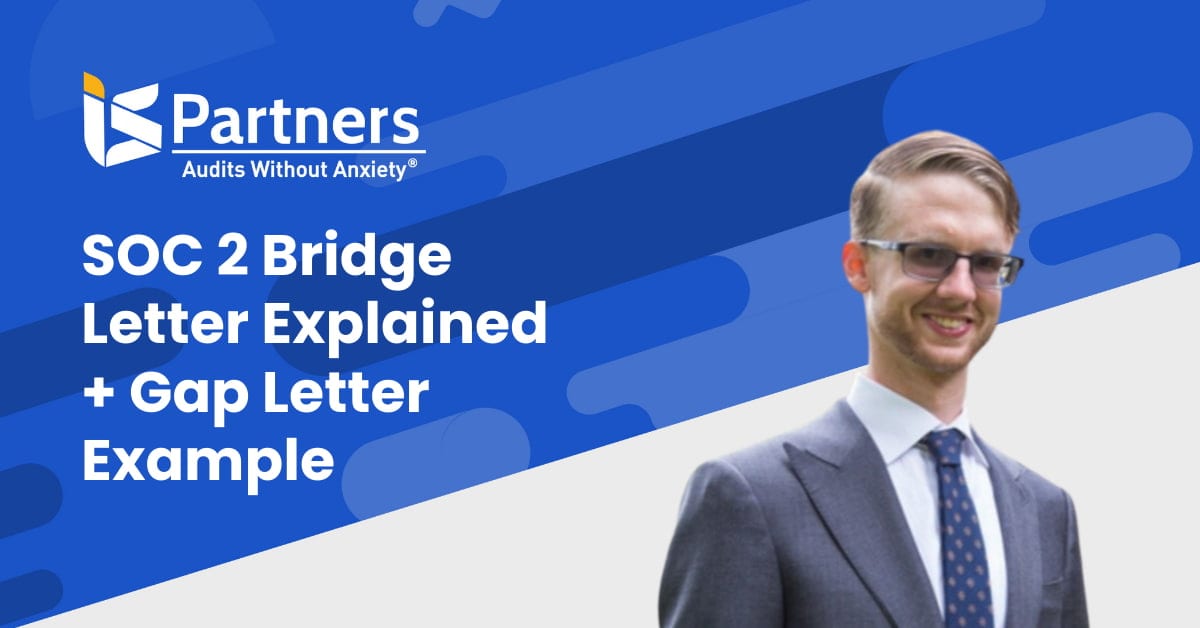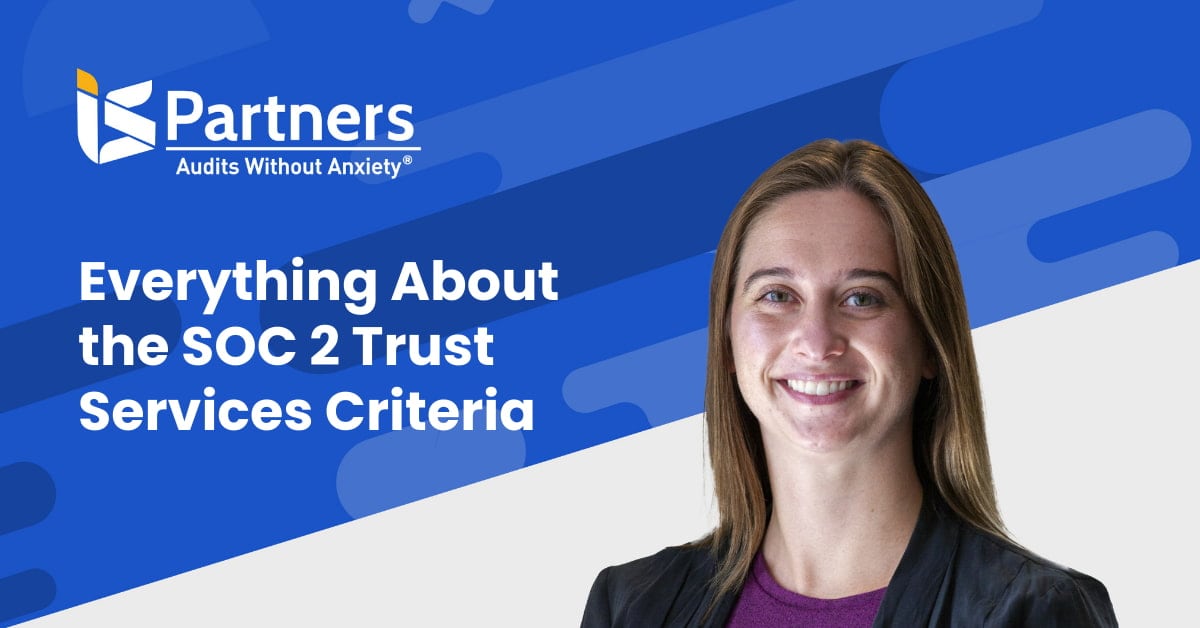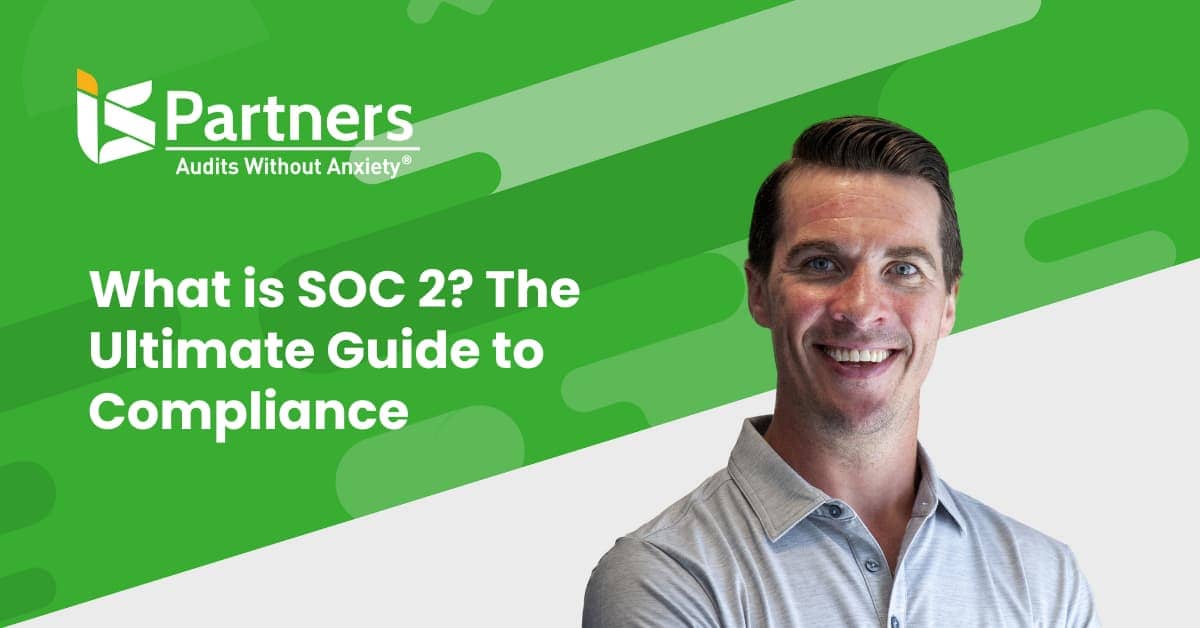What is a SOC Audit?
A Service Organization Control (SOC) audit is an assessment of a service organization’s internal controls related to the security, availability, processing integrity, confidentiality, and privacy of their systems. The AICPA offers three unique SOC reporting options including SOC 1®, SOC 2®, and SOC 3®.
- SOC 1 – Focuses on controls relevant to financial reporting. Evaluates controls over systems that handle financial data.
- SOC 2 – More broadly evaluates IT controls relevant to security, availability, processing integrity, confidentiality, and privacy.
- SOC 3 – Provides a simplified report on a service organization’s controls related to security, availability, processing integrity, confidentiality, and privacy.
For all types, the purpose of a SOC audit is to assure the customers and users of a service organization that their data and systems meet certain standards and controls. Companies often use SOC audits to build trust and confidence with their customers. In the case of SOC 1 and SOC 2, the audit reports also help companies identify potential risks or gaps in their security controls.
Who Can Perform SOC Audits?
There’s a growing trend among businesses to request frequent SOC audits from service organizations, ensuring compliance with controls and objectives to safeguard sensitive data such as customer information, HR data, and intellectual property. As this data becomes increasingly vulnerable with more entities accessing it, you may question, “What is a SOC audit?” and “Who can be a SOC auditor?”
Defining SOC Reports
Client organizations often have regulatory or contractual requirements to protect customer and patient data. As a result, the service organizations they work with must also comply with those data protection rules. Plus, SOC reports are objective attestation for their customers and users that sensitive data is being properly protected when processed by or shared with the organization.
What Does a SOC Auditor Do?
A SOC auditor’s responsibilities include:
- Evaluate the Service Organization’s Controls: The auditor checks the internal controls in place at third-party service providers. These controls are necessary to protect client data, financial information, and intellectual property.
- Prepare SOC Reports: The auditor compiles a detailed report, which includes a description of the company’s system, its services, and the specific controls in place. The report also contains the auditor’s opinion on the effectiveness of the controls.
- Ensure Compliance with AICPA Guidelines: As a representative of the AICPA, the SOC auditor ensures that service organizations adhere to the requirements of the selected SOC audit type (either SOC 1, SOC 2, or SOC 3).
- Issue Professional Opinion: After examining the service organization’s controls and testing their effectiveness, the auditor issues an informed opinion on its compliance with the criteria specified in the SOC framework.
- Continuously Assess: Depending on the type of SOC audit, the auditor must reassess the system and controls over a period of time to ensure they are continually effective and meet the Trust Services Criteria.
- Guide and Consult: A SOC auditor often advises companies, helping them understand and prepare for a SOC audit and advising them on improving or implementing controls for better security and compliance.
The Important Role of Certified SOC Auditors
SOC audits can only be performed and reported on by an independent Certified Public Accountant (CPA). The SOC auditors must follow the most recent updates to each type of SOC audit, as outlined by the AICPA, and have the required technical expertise, training, and certification to conduct such audits.
A key stage in a SOC audit is when the CPA-certified auditor evaluates the testing results and gives their opinion. Without CPA certification, an auditing firm cannot provide that official opinion on the report. As a result, organizations getting a SOC audit must ensure the auditing firm they choose fulfills AICPA’s CPA certification requirement in order to produce a fully trustworthy report.
Non-CPA Organizations: Can They Legally Conduct SOC Audits?
While non-CPA professionals can assist in the preparation for a SOC audit, the definitive answer to whether they can carry out the audit is, “No.” These professionals lack the expertise and certification to perform SOC audits, according to the AICPA’s instructions. Only those holding CPA status can meet the AICPA’s competence and capability requirements necessary for SOC audits.
The AICPA stipulates that only a certified firm must undertake the SOC audit process from the beginning to the end in order to:
- Evaluate the controls’ design and operational efficiency for the service organization over a specified period and confirm compliance with the Trust Services Criteria (TSC).
- Understand the professional standards required by the AICPA, including the AICPA Code of Conduct and other audit standards, enabling auditors to apply professional skepticism and judgment.
Can Internal Auditors Conduct SOC Engagements?
Yes, but only if the internal auditor also possesses a CPA credential. Generally, internal auditors are not required to be CPA-certified.
CPA Organizations Performing a SOC Audit: Any Limitations?
Yes, the AICPA Code of Conduct demands CPA firms to be independent in fact and appearance before committing to a client audit.
What If a Business Hires a Non-CPA Auditing Firm?
The SOC report would be deemed invalid and must be conducted afresh per the Code of Conduct established by the AICPA.
Is it Possible to Fail a SOC Audit?
The straightforward response is – ‘No.’ A SOC audit isn’t constructed as a pass-fail examination. When conducting a SOC audit, the auditor’s objective isn’t to rank your business based on a pass-or-fail criterion. Instead, they deliver an informed opinion of your organization’s state of controls and processes.
Do You Need a Qualified CPA to Conduct Your Forthcoming SOC Audit?
Are you seeking more insights on what a SOC audit entails and who can perform it for you, ensuring optimal outcomes? Our expert team at I.S. Partners, LLC. can respond to all your questions concerning the latest AICPA’s policies and procedures updates.
SOC 1®, SOC 2® and SOC 3® are registered trademarks of the AICPA (American Institute of Certified Public Accountants). The AICPA® Trust Services Criteria for Security, Availability, Processing Integrity, Confidentiality, and Privacy is copyrighted by the Association of International Certified Professional Accountants. All rights reserved.




